The debate between gas and electric cars is heating up, but the answer to which actually saves you money isn’t as clear-cut as you might think. Let’s take a hyper-critical look at both options across 16 key points to determine which might truly be more cost-effective in the long run.
1. Initial Purchase Price

Image Credit: Shutterstock / Korawat photo shoot
Electric cars often have a higher sticker price than comparable gas cars, thanks to the expensive batteries they require. This initial investment can be a significant barrier for buyers looking to save.
2. Fuel Costs

Image Credit: Shutterstock / n_defender
Electric vehicles (EVs) win here; the cost to charge an electric car is generally lower than filling a gas car, especially with rising gasoline prices. However, electricity rates can vary dramatically by region.
3. Maintenance Expenses

Image Credit: Shutterstock / Pongchart B
Electric cars have fewer moving parts and require less maintenance. Gas cars, with their complex engines and exhaust systems, typically incur higher maintenance costs over time.
4. Tax Incentives

Image Credit: Shutterstock / Rawpixel.com
Electric cars can come with hefty tax incentives, reducing the initial purchase price. However, these incentives are phasing out for many models as sales volume increases.
5. Insurance Costs

Image Credit: Shutterstock / fizkes
Insurance for electric cars can be higher due to their higher initial cost and the expensive nature of their repairs and battery replacements.
6. Resale Value

Image Credit: Shutterstock / Crime Art
Electric cars tend to depreciate faster than gas cars, primarily due to the rapid pace of improvements in EV technology and battery life concerns.
7. Battery Replacement
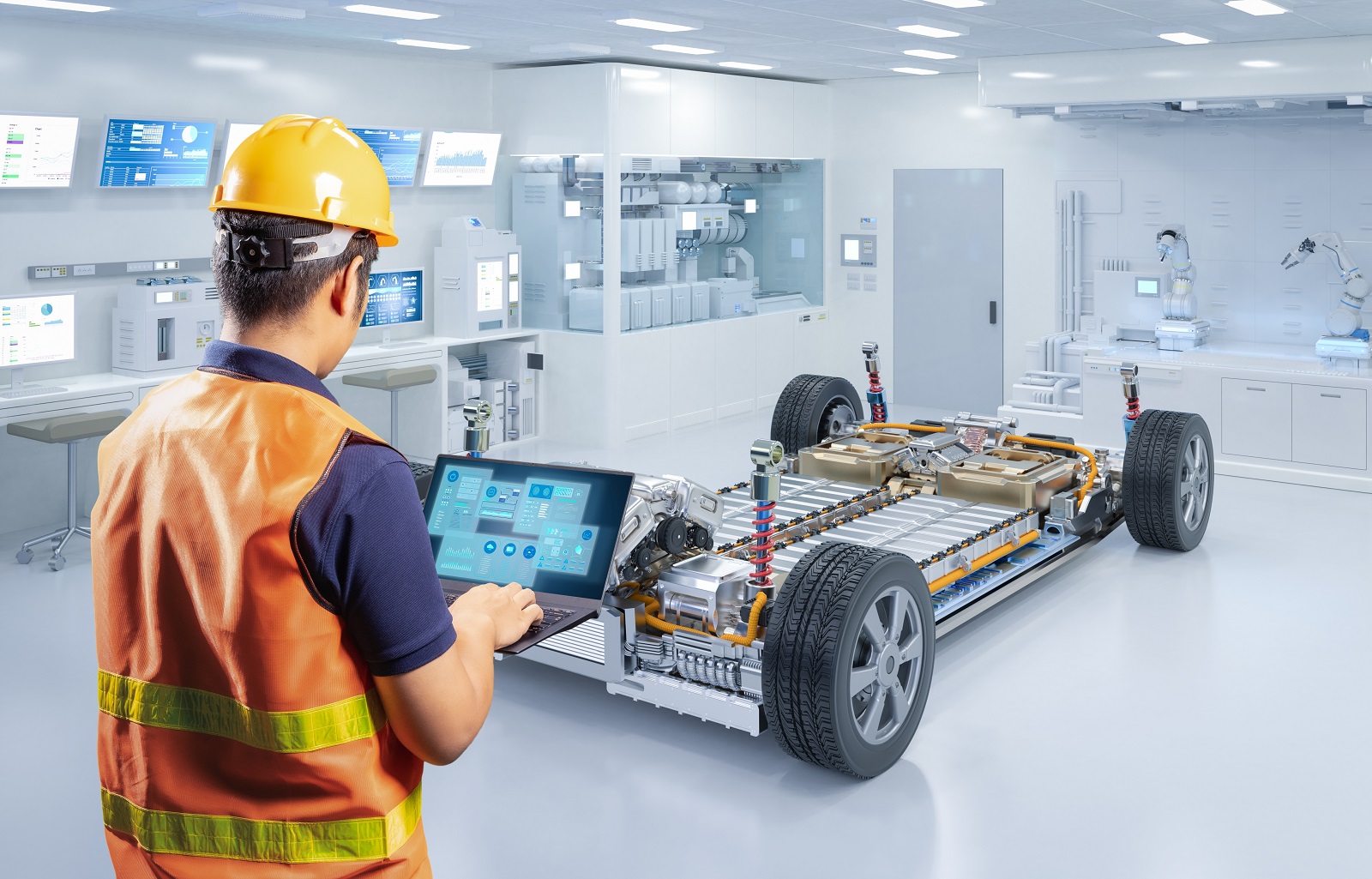
Image Credit: Shutterstock / Phonlamai Photo
The cost of replacing an EV battery can be astronomical, potentially negating the savings from lower fuel costs, especially as the car ages.
8. Charging Infrastructure
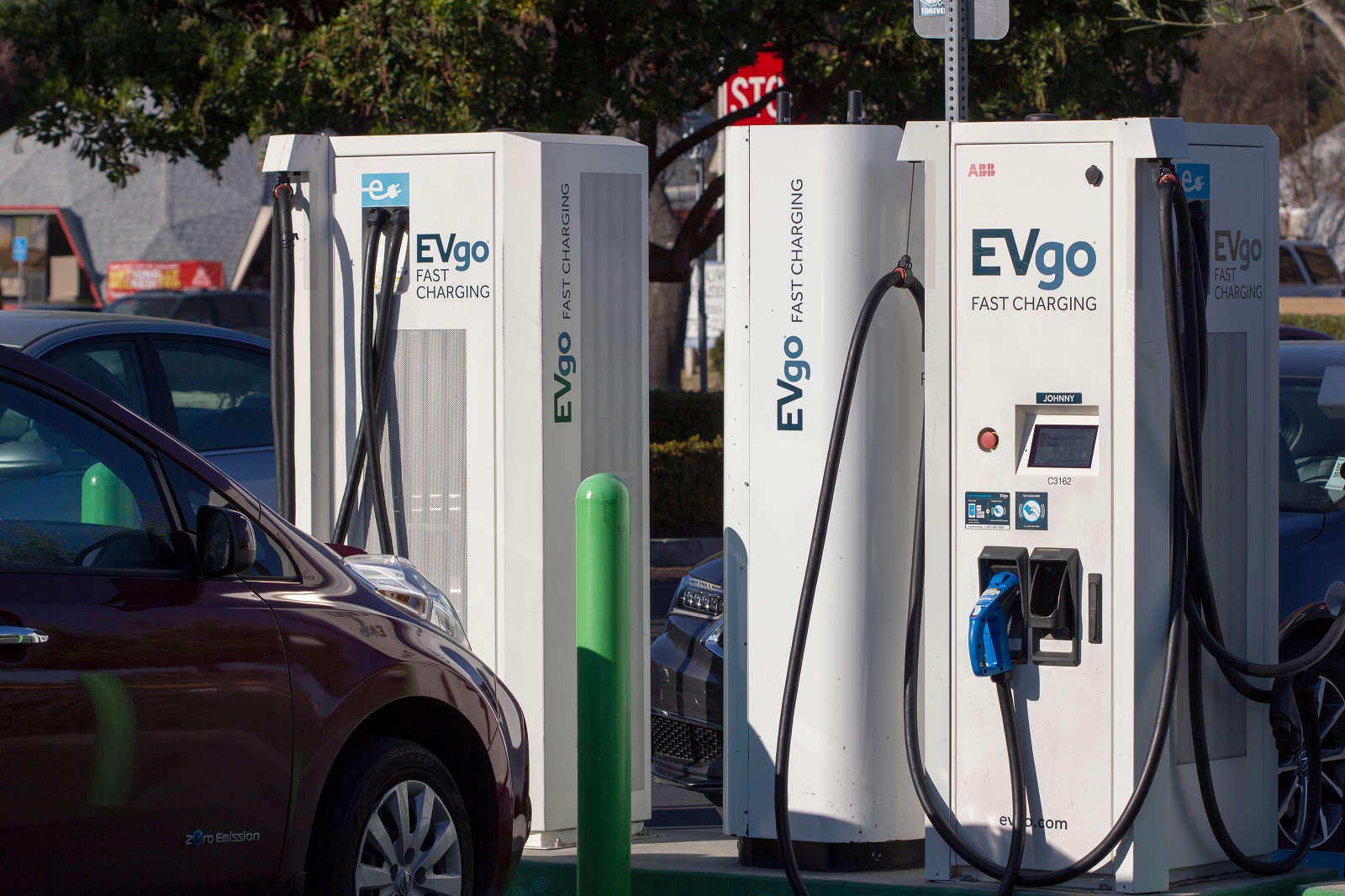
Image Credit: Shutterstock / Tada Images
If you don’t live in an area with ample public charging stations, you may need to invest in home charging equipment, which can be costly.
9. Range Anxiety

Image Credit: Shutterstock / Dragana Gordic
Electric cars often can’t match the range of gas cars, leading to range anxiety. The fear of running out of charge can be a real issue on longer trips.
10. Time Cost of Charging
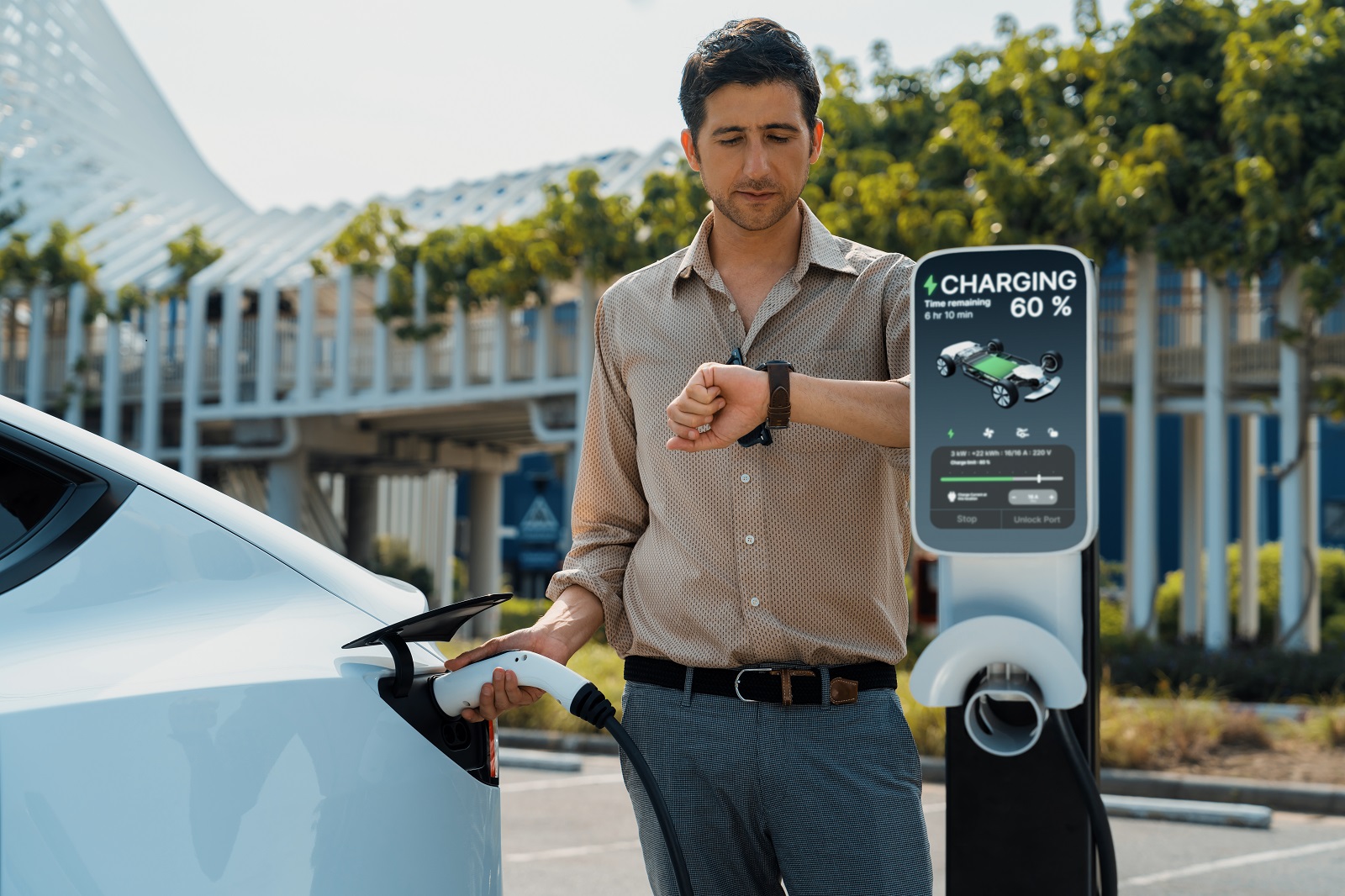
Image Credit: Shutterstock / Owlie Productions
Charging an electric car takes much longer than refueling a gas car, which can be a significant inconvenience, especially if you’re pressed for time.
11. Environmental Impact

Image Credit: Shutterstock / Joshua Resnick
While electric cars have a smaller operational environmental footprint, the manufacturing process, especially battery production, can offset some of those benefits.
12. Energy Prices
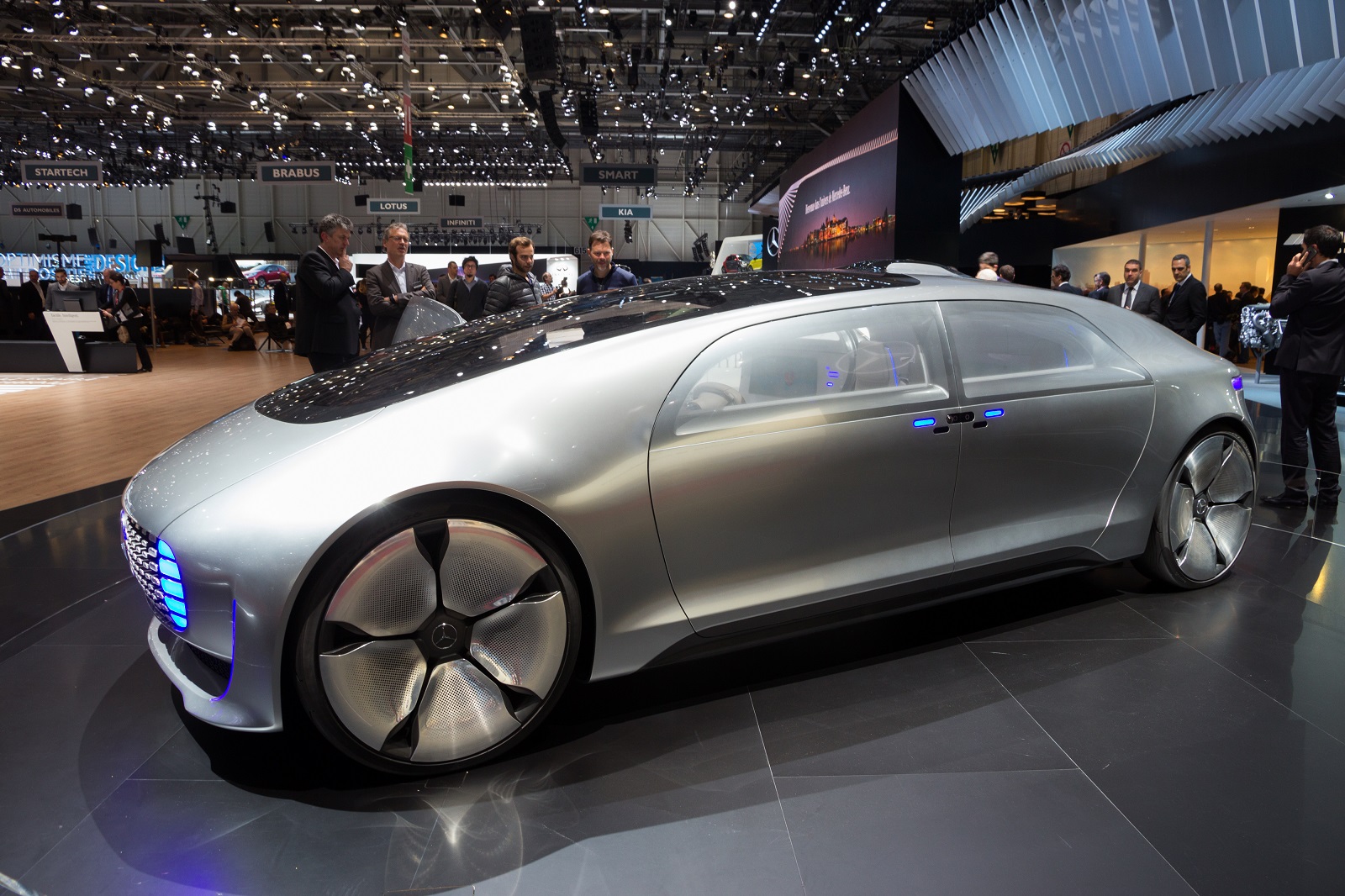
Image Credit: Shutterstock /
VanderWolf Images
The savings from driving an EV can fluctuate with changes in the energy market. If the majority of your electricity comes from coal-fired plants, the environmental benefits—and cost savings—are lessened.
13. Performance
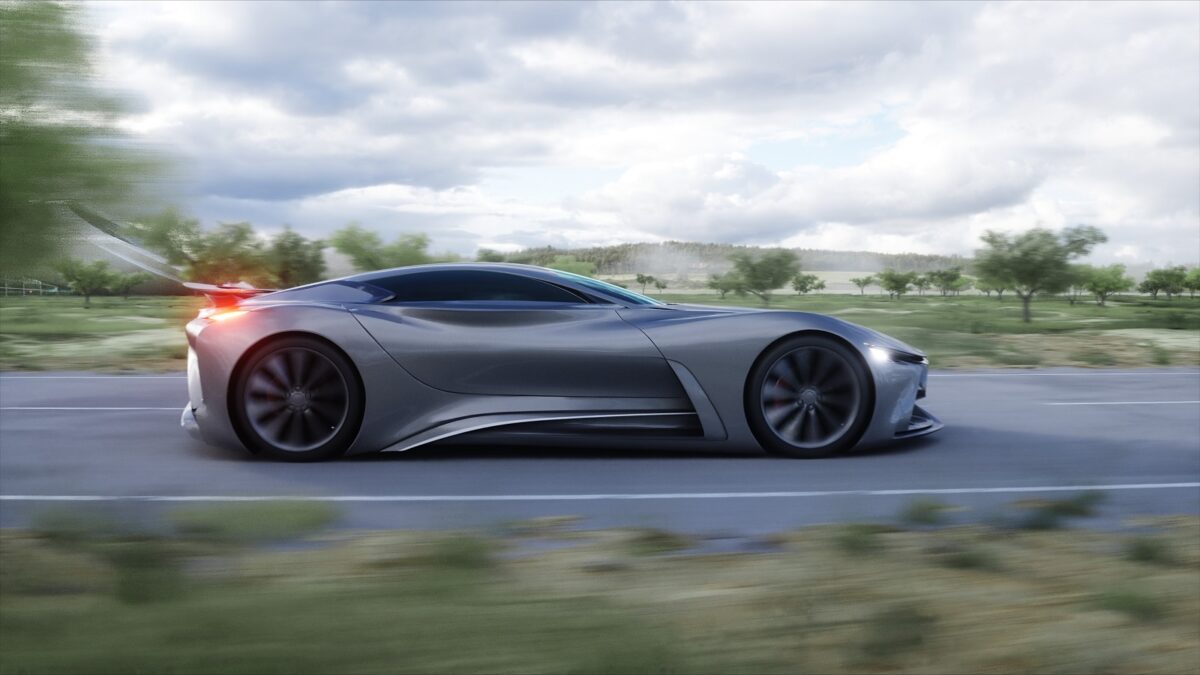
Featured Image Credit: Shutterstock / Pavel Chagochkin
Modern EVs offer impressive performance that can rival or exceed that of gas cars. However, high-performance electric vehicles can be particularly pricey.
14. Longevity

Image Credit: Shutterstock / Halfpoint
The lifespan of electric cars versus gas cars is still under debate. While EVs have fewer parts that could fail, the longevity of the battery packs remains a concern.
15. Government and Economic Shifts

Image Credit: Shutterstock /
Political and economic factors can influence the cost-effectiveness of owning an EV. Changes in government policy regarding fossil fuels or electric infrastructure can dramatically sway the cost-benefit analysis.
16. Lifestyle Compatibility

Image Credit: Shutterstock / RossHelen
Ultimately, whether an EV or a gas car saves more money depends on your driving habits, commute length, and personal lifestyle. For some, a gas car still makes more economic sense due to their driving needs and local fuel costs.
Weighing Your Options

Image Credit: Shutterstock / Dusan Petkovic
Deciding between a gas and electric car involves a complex matrix of costs, benefits, and personal circumstances. While EVs offer the promise of fuel savings and lower emissions, their higher upfront costs and other potential financial drawbacks make the choice far from straightforward. Be sure to consider your long-term needs and local conditions before making a decision.
2024’s Most Anticipated Car Releases: What’s Coming Soon

Image Credit: Shutterstock / canadianPhotographer56
If you love cars, 2024 is shaping up to be an exciting year. New models are rolling out with more power, better tech, and some fresh designs that could change the game. Here’s the scoop on the top cars hitting the streets soon. 2024’s Most Anticipated Car Releases: What’s Coming Soon
21 Mods That Make Your Car Illegal

Image Credit: Shutterstock / macondo
Car modifications can enhance style and performance, but not all modifications are legal. Here are 21 illegal car modifications that can get you in trouble with the law across various states. 21 Mods That Make Your Car Illegal
10 American Classic Cars That Define a Generation

Image Credit: Shutterstock / Krisz12Photo
American classic cars are symbols of their eras, each telling a story of its time and capturing the essence of car culture. Here are ten classics that defined generations. 10 American Classic Cars That Define a Generation
The post Is Your Car Draining Your Wallet? Gas vs. Electric Showdown first appeared on Mechanic Insider.
Featured Image Credit: Shutterstock / ALPA PROD.
For transparency, this content was partly developed with AI assistance and carefully curated by an experienced editor to be informative and ensure accuracy.



